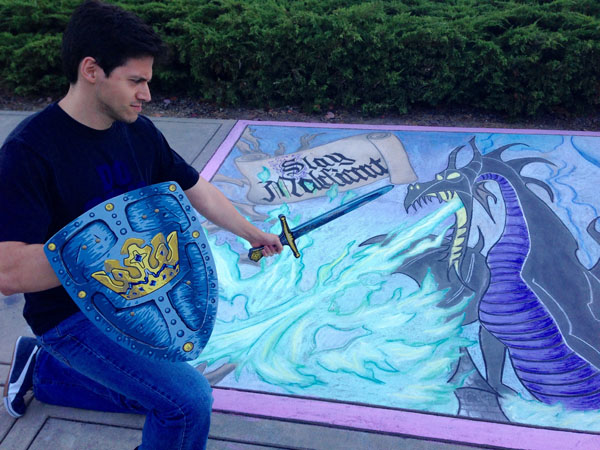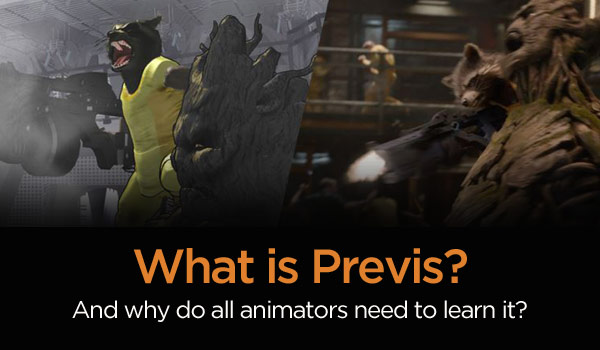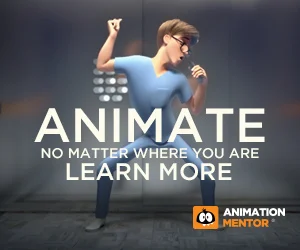Our Lighting Your Shot workshop mentor, Eli Rod, takes a moment to share his visual effects journey (and it’s quite the journey). Now it’s time to start yours. Learn from industry professionals like Eli and apply today to VFX Fundamentals.
— The Animation Mentor Crew
What was the movie scene that made you realize that you wanted to pursue a career in visual effects?
For me, growing up in Montana, it really wasn’t on the radar. All I knew is that I wanted to do something in art. In art school, Warner Bros. Animation came to our school and gave a presentation on The Iron Giant. They showed early pencil tests combined with the CG giant. They also talked about how they wanted to combine the two seamlessly. I went home that day and knew that I wanted to work in animation.
What was your background prior to visual effects? Do you feel that your background helped in your career progression in visual effects?
Well, I owned my own comic book store for two years and owned my own Taekwondo school for five years. When you own a business, you are always working, even on your days off. So the hours in VFX were not a big thing for me. I think staying focused and positive in this industry is very important, and running businesses and martial arts are both about being positive and working hard.
How did you go about learning visual effects?
I actually learned on the job. I was lucky enough to get a job at PDI/DreamWorks and work my way up. I stayed late and came in on weekends as a production assistant to do test shots and learn the software. When it came time to hire a paint and roto artist, I was ready to go. Once in the paint and roto department, I did the same thing to get into lighting. One of the supervisors saw me do this and when a junior lighter was needed, she went to bat for me. Our industry is constantly changing and evolving, so I am constantly trying to learn new tools both at work and at home.
What’s been the most awesome moment in your VFX career?
Working on How to Train Your Dragon with Chris Sanders, Dean DeBlois, and Roger Deakins. It was one of the harder projects to work on and one of the most rewarding, too. The entire lighting team was incredibly supportive and forthcoming of information. I think it shows in the final product.
Please put on your mentor hat and share one tip you’d like to share with aspiring VFX artists.
Listen, learn, work hard, and stay positive. I’ve seen lots of young artists come and go. The ones who stay are hardworking, are willing to learn, listen to people around them, and have great attitudes. (Remember:) At the end of the day, we GET to go to work, while others HAVE to.



